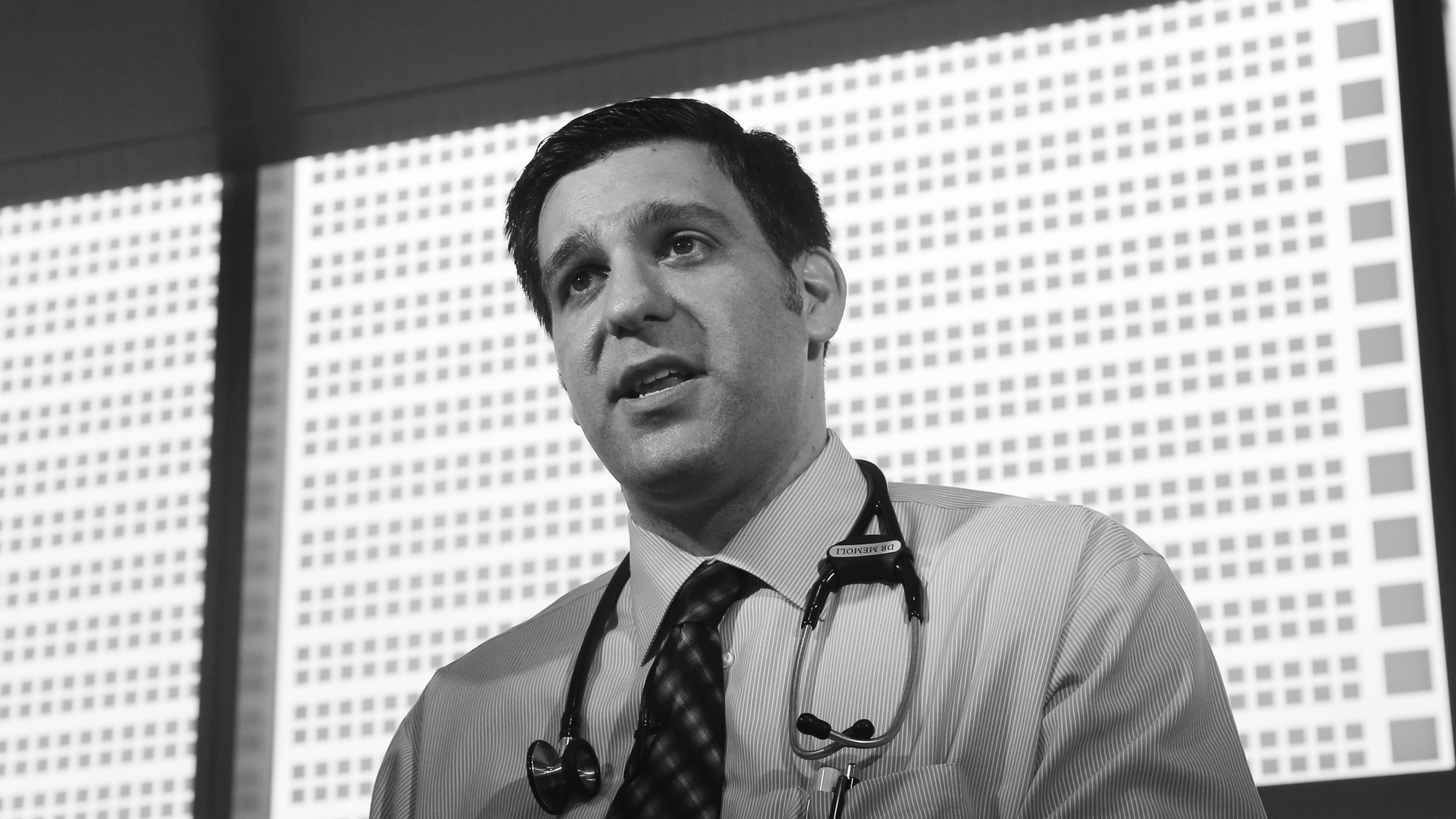Leaders at some of the top home-based care companies are figuring out new ways to respond to financial and operational challenges, forge new growth pathways, and embrace innovative clinical models.
One of these leaders is Adam Thomas, chief administrative officer at LifeCare Home Health Family. At the moment, the company is going through a rapid expansion phase. This means positioning the company to address any operational challenges that may arise during this period.
Some of Thomas’ top priorities: “How do we build the infrastructure that’s going to enable us to scale effectively across service lines, and coordinate care and staff, and maintain culture, and get all the components that we’re going to need to be effective, as we continue to branch out into more locations, more states,” he said said last week during a panel discussion at Home Health Care News’ Capital + Strategy conference, which took place in Orlando, Florida.
Based in Irving, Texas, LifeCare Home Health Family is an in-home care provider that offers home health and private-duty home care services across 10 affiliated branches. The company operates in locations in Texas, Florida and Nevada.
Last year, Zenyth Partners made an investment in LifeCare Home Health Family. At the time, the company announced its plans to expand its geographic footprint.
During the discussion, Thomas noted that LifeCare Home Health Family plans to open five to ten offices annually for the foreseeable future.
Despite growth plans for some in the sector, adequate payment remains a major concern – and is driving diversification instead.
Such is the case at Empath Health, where the biggest financial challenges are related to home health reimbursement cuts.
“Reimbursement cuts have, certainly, been challenging, navigating PDGM, with increasing wages, so we’re really focused on the diversification of our offerings,” Rhonda Sanders, chief access officer at Empath Health, said during the discussion.
The Clearwater, Florida-based Empath Health offers hospice, home health care, palliative care, grief services, Program of All-Inclusive Care for the Elderly (PACE), adult day services, primary care services and more. It is also the parent company of 17 affiliates and two philanthropic foundations.
Empath Health diversified its services by engaging with value-based care. The company rolled out a joint venture with a Institutional Special Needs Plan (I-SNP), and has its own accountable care organization (ACO).
The company’s PACE operations have also been a major growth driver.
“[PACE] has been a very lucrative model, not only supporting patients and families and allowing them to stay in their home, but also it’s a capitation model, so it’s been very lucrative financially as well,” Sanders said.
On top of financial and operational challenges, home-based care providers often face regulatory obstacles as well. For ProHealth Home Health & Hospice, this includes operating in certificate-of-need states. In Alabama and Georgia, for instance, the company is constrained by statistical updates and the state’s decision to allow new providers in.
Still, these roadblocks haven’t stopped ProHealth Home Health & Hospice’s growth.
“Growing our existing branches will be the main driver of our growth,” David Lester, CEO of ProHealth Home Health & Hospice, said during the discussion. “Absent an acquisition, we launched four new branches last year, so we’re trying to get those branches legs underneath them. We’ve grown by about 75% just in our current footprint, over the past three years.”
ProHealth is a Birmingham, Alabama-based home health, hospice and skilled nursing facility operator. Between home health and hospice, the company serves an average of about 1,200 patients per month.
Adopting new clinical models has been a huge differentiator at all three companies. Empath Health, for example, has thrown its weight behind dementia care.
“We all know, dementia is on the rise across the nation and internationally, so we’ve invested in education and training for our clinicians,” Sanders said. “On top of that, we’ve actually launched the first ever dementia training center for caregivers, patients and families in Ocala, Florida. We’re able to intervene earlier in the disease process, we’ve seen an improvement in length of stay of our patients, a reduction in re-hospitalization and improvement in overall quality of care.”
On its end, ProHealth Home Health & Hospice continues to invest in its chronic illness programs.
“We review those twice a year, tweak, test different aspects of the programs in specific markets to see if we can move the needle on our numbers,” Lester said. “We’re really just doubling down on that.”
And as for LifeCare Home Health Family, coordination of care has been a major area of focus. The company is in the process of building out a care coordination center that’s meant to develop pathways specific for patients, and their disease states.
“Across the continuum, whether that be personal care, skilled home health, hospice, palliative care, all those sorts of things, [it’s about] being able to actually get our patients getting the right level of care at the right time, in the right place,” Thomas said.
Ultimately, home-based care leaders have a positive 2025 outlook, despite industry-wide challenges.
“I think the industry is doing very well,” Sanders said. “There’s increased demand for home-based care. It’s on the rise. By 2030, 20% of the population is going to be 65 and older. It’s a great day to be in our space, and we’re faring well, despite regulatory changes and wage increases.”
The post Empath, LifeCare, ProHealth Execs on Home-Based Care’s New Clinical Models and Growth to Tackle Pain Points appeared first on Home Health Care News.











